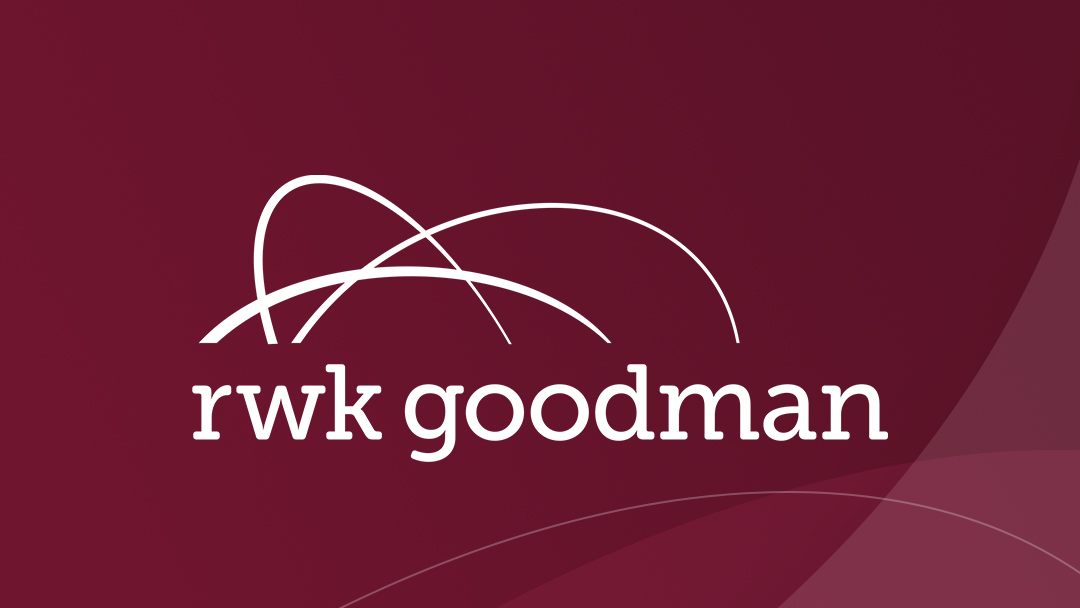Beware executors – you’re liable for IHT, not the beneficiaries!

Many don’t realise that the executor is personally liable for settling any Inheritance Tax (IHT). Usually, IHT is payable on the deceased’s estate before assets are distributed to the beneficiaries. In a cautionary tale, one executor was left liable for £340,000 in IHT after the beneficiary escaped to Barbados without paying…
The role of an executor could be described as a ‘thankless’ task, though it is considered to be one of the most important appointments one could make when drafting their Will. After all, by its very nature, once an executor’s appointment is activated, the individual for whom they act can no longer speak for themselves; the fulfilment of their wishes and legacies is entirely reliant on the executor and their actions.
Among many other actions, an executor is responsible for: notifying relevant parties; obtaining valuations; filing tax returns; meeting deadlines; distributing assets; and, maybe less known, ensuring that all outstanding IHT is paid to HMRC.
A cautionary tale
Mr Harris was appointed to administer Mrs McDonald’s estate in 2013. As her personal representative, he filed the Inheritance Tax return and paid all sums which were immediately due to HMRC. As most of Mrs McDonald’s £1.2 million estate was tied up in land, however, not all of the tax due had to be paid immediately.
Mr Harris then released the assets to the main beneficiary, allegedly on the agreement that the beneficiary would pay any outstanding IHT from the property inherited. Upon receiving the inheritance, however, the beneficiary returned to their home in Barbados without settling the £340,000 Inheritance Tax bill.
Mr Harris was unable to contact the beneficiary, and appealed the initial decision that he was personally liable, claiming that he cannot settle the IHT liability as he is no longer in possession of the assets of the estate.
His appeal was rejected on the basis that his agreement with the beneficiary was irrelevant. It was ruled that Mr Harris continued to be personally liable for any outstanding IHT, as he distributed the estate’s assets before paying the IHT.
We are yet to see how HMRC will pursue this debt, following the Court’s decision, but they are entitled to sue Mr Harris and attempt to force the sale of his house, claiming the sale proceeds towards settlement of the debt.
Advice is key
It’s true – hindsight is a wonderful thing. Had Mr Harris sought legal advice regarding his role and the administration of Mrs McDonald’s estate, he would have been strongly advised against releasing the assets from the estate before settling the outstanding IHT liability.
Although the extent of personal liability in this estate is rare, there are common misconceptions regarding an executor’s role – and it could spell disaster for an executor’s personal financial position if they get it wrong.
Unsure?
Being appointed as an executor by either a loved one or a friend is a credit to your character; they trust you with the entirety of their worldly possessions at a time when they can no longer control them nor influence their distribution.
However, this role, as shown above, can have huge ramifications if not carried out properly. If you have been, are currently or are considering being an executor, get in touch today to make sure you’re doing everything right. The risks are too great not to.
Our specialists in estate administration are here to help you when you aren’t sure about how to settle someone’s estate after their death.
Call now
Our probate expertise
More articles relating to Wills, Trusts & Estates
View more articles related to Wills, Trusts and Estates












